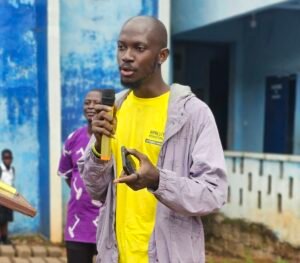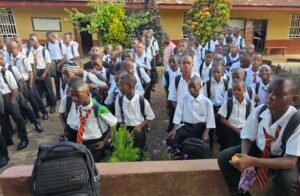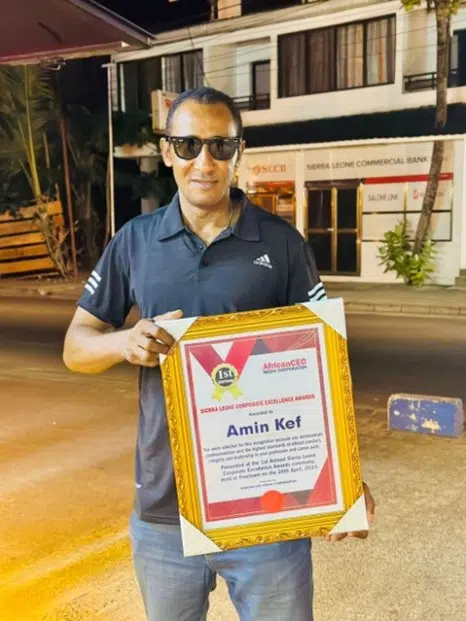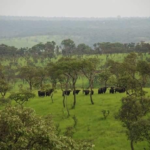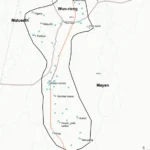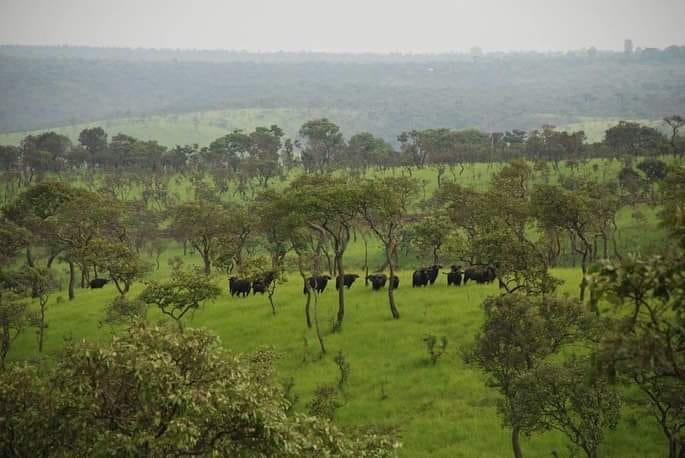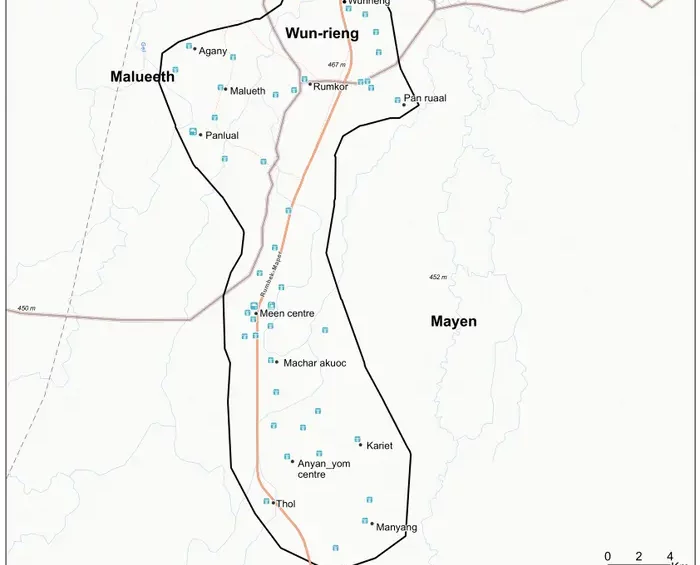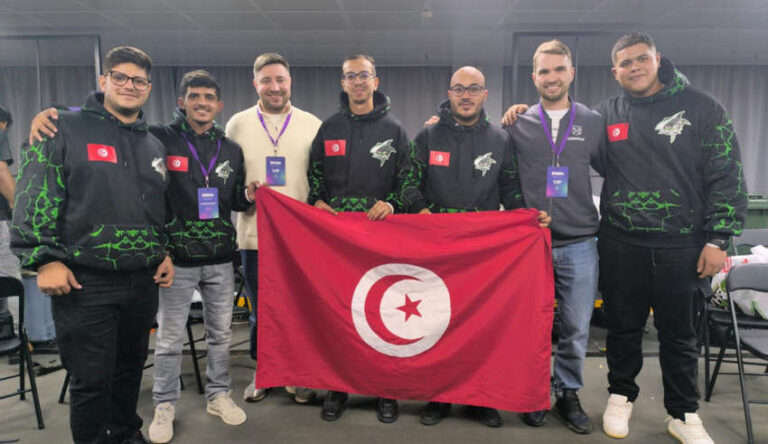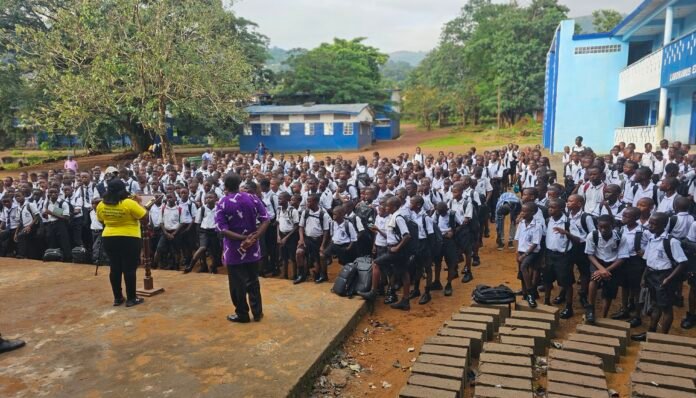
By Alvin Lansana Kargbo
Amnesty International Sierra Leone continued its school engagement on human rights and related social issues, visiting Ahmadiyya Muslim Secondary School and Methodist Boys High School on the 15th and 16th of October 2025, respectively. The campaign aims to promote awareness of human rights, personal responsibility, gender equality and the dangers of drug abuse among school pupils.
According to Christiana Mary Fabai, Gender and Disability Officer at Amnesty International Sierra Leone, the purpose of the school engagement is to educate pupils on the importance of balancing rights with responsibilities. She stressed that education is a right, but one that comes with obligations that pupils must uphold.
“Parents provide books, uniforms and school materials because they believe education is a right,” Christiana Mary Fabai explained. “But pupils also have a duty to obey their teachers, do their homework, study hard, arrive on time and maintain discipline and cleanliness. Too often, pupils are quick to claim their rights but forget their responsibilities.”
Christiana Mary Fabai noted that Amnesty International Sierra Leone is active in over 30 schools nationwide, emphasizing that the organization takes its outreach directly into classrooms rather than limiting activities to offices. “Young minds are impressionable,” she said. “What they learn now will shape the kind of citizens and leaders they become, whether Presidents, Ministers, doctors or lawyers.”
She also addressed drug abuse, particularly among the youth, describing it as a growing crisis that threatens Sierra Leone’s future. The Gender and Disability Officer explained that drug abuse includes both the misuse of prescribed medicines and the consumption of illicit substances such as Kush. “Drugs are destroying the lives of young people and robbing them of their potential,” Christiana Mary Fabai warned. “Taking drugs is like signing your own death warrant. There’s no benefit in them, only destruction.”
Abu Bakarr Maurice Keita, a representative of Amnesty International Sierra Leone, linked climate change to human rights, describing it as an often-overlooked justice issue. He noted that flooding, deforestation and poor environmental management continue to threaten lives and livelihoods. “When people lose their homes, food and access to decent living conditions because of climate impacts, their basic human rights are violated,” Abu Bakarr Maurice Keita said.
He called for greater accountability from both corporations and Governments, adding that citizens must demand environmental justice. Referring to the 2017 Freetown mudslide, he reminded students of the importance of collective responsibility in preventing future disasters. “We must stop settling in risky areas and destroying our forests. The environment doesn’t need us, we need the environment,” he said.
Istau Doris Conteh, another representative from Amnesty International Sierra Leone, spoke on Gender-Based Violence, describing it as abuse or harm directed at individuals because of their gender. She noted that in Sierra Leone, women and girls are often the most affected, though men also face such violence. She also outlined various forms of gender-based violence, including sexual harassment, forced marriage and denial of education or economic opportunities. Istau Doris Conteh urged pupils to respect one another and show true strength through discipline, empathy and mutual protection.
The JSS Principal of Ahmadiyya Muslim Secondary School, Alhaji Karimu Sesay, commended Amnesty International for addressing critical issues such as gender-based violence and drug abuse, which he described as major concerns for educators. “We welcome such initiatives that educate our pupils about real-world challenges,” he said. “These engagements help keep our school community informed and progressive.”
Salwa S. Chebli, a pupil of Ahmadiyya Muslim Secondary School, said she found the session on drug abuse particularly impactful. “I learned that drugs destroy lives and futures,” she said. “Pupils should focus on their studies and goals instead of using harmful substances. If Amnesty International forms a school club, I’ll gladly join and help promote these messages.”
At Methodist Boys High School, Amadu Kamara, a pupil, praised the engagement as “timely and necessary,” noting that violence and indiscipline remain challenges among pupils. “Organizations like Amnesty International help remind us that good character and positive behavior are essential,” he said. “We need to start change from within our schools and use advocacy and discussions to spread the message.”
This week’s sessions follow earlier engagements held at Limount College Secondary School and The Sierra Leone Grammar School. As part of its ongoing initiative, Amnesty International Sierra Leone plans to establish Amnesty Human Rights Clubs in each participating school to encourage pupils to champion human rights, environmental protection and responsible citizenship among their peers.
